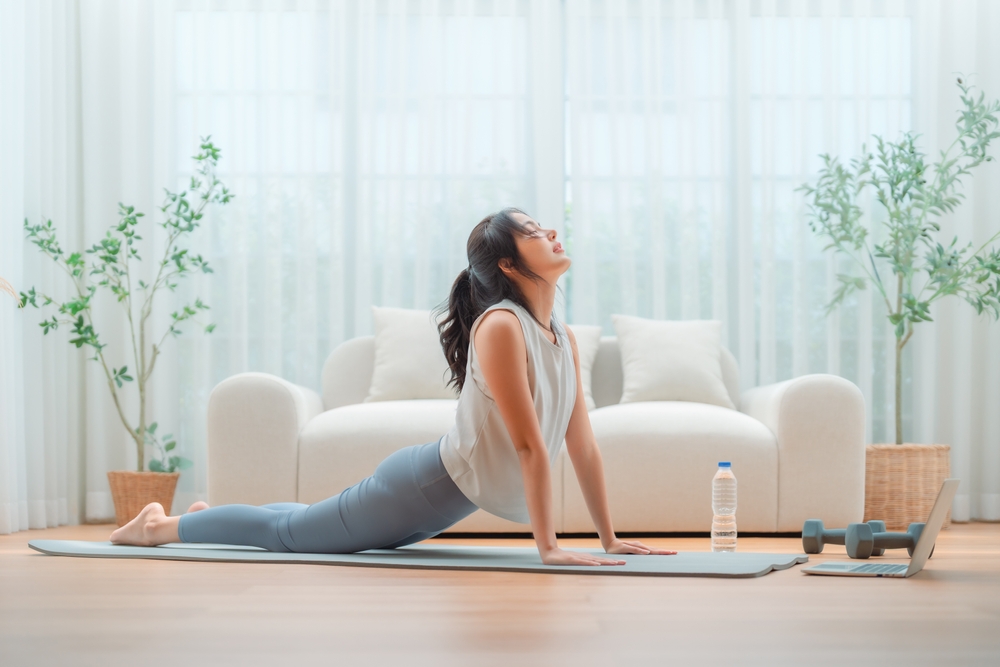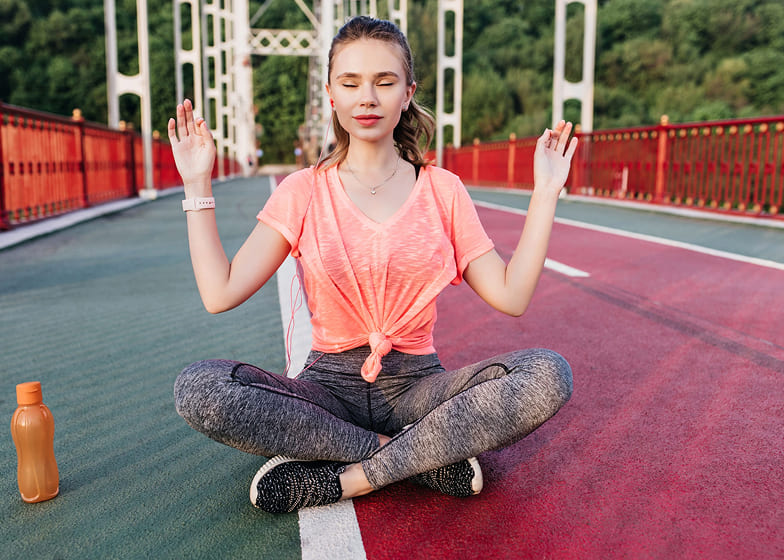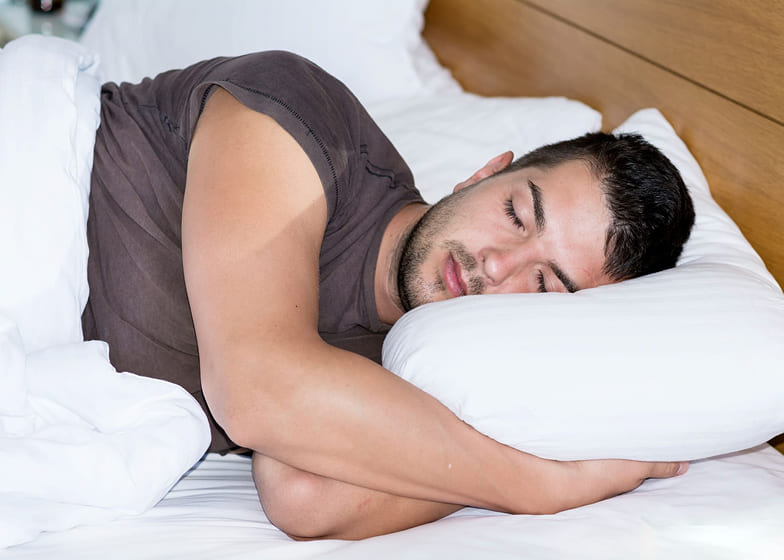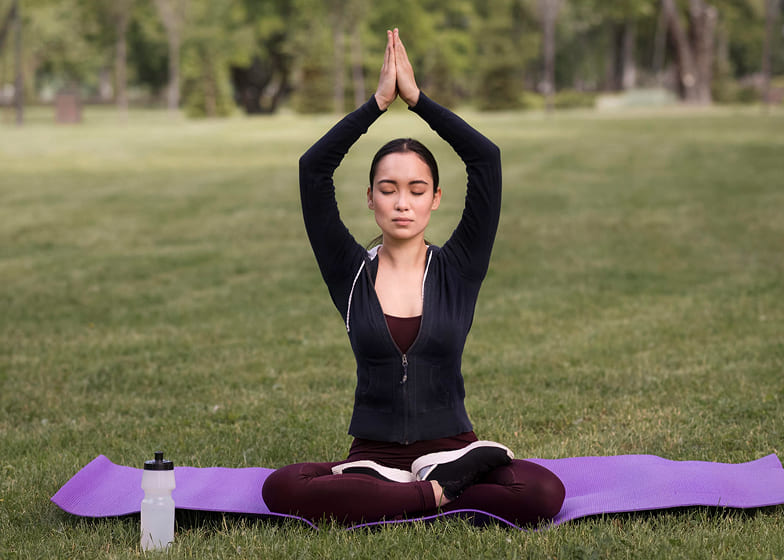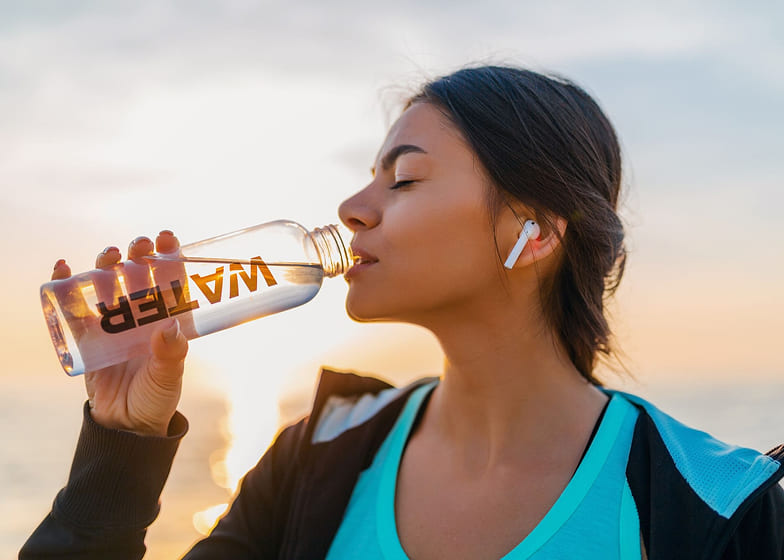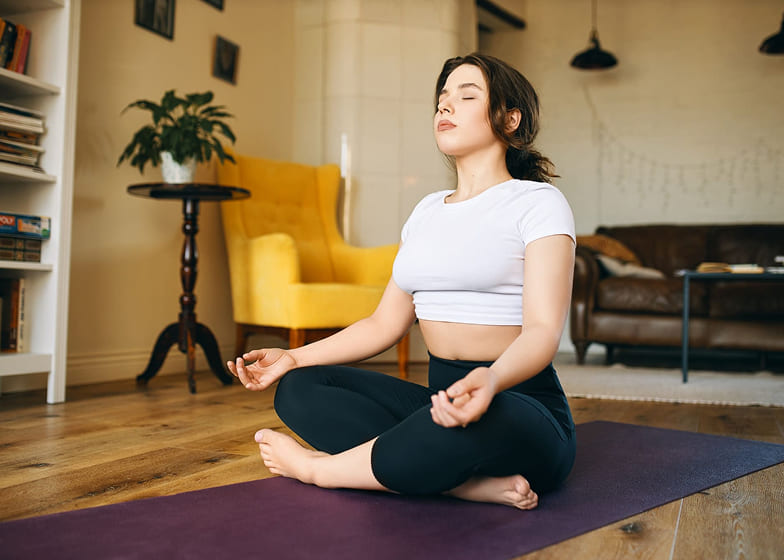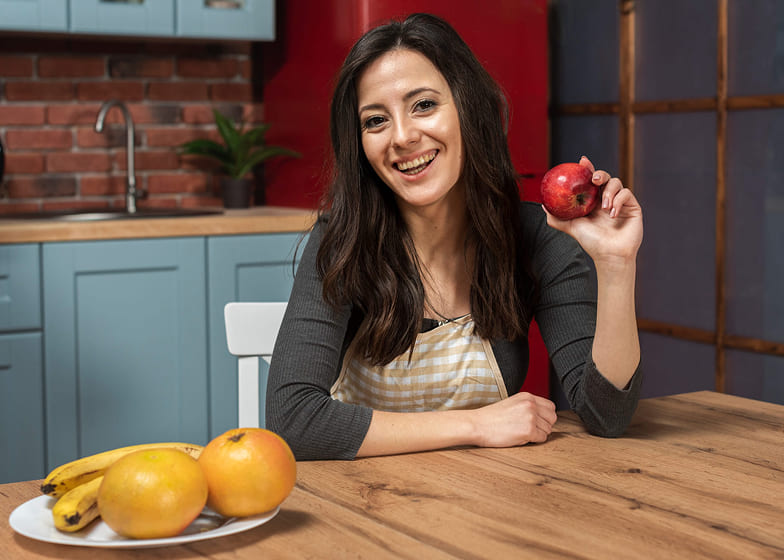In today’s hyperconnected world, our lives revolve around screens — from smartphones and laptops to social media and streaming platforms. While technology has made communication, work, and entertainment easier, it has also created constant distractions and mental overload. A digital detox is the conscious decision to take a break from digital devices, helping you regain focus, reduce stress, and reconnect with the world around you. It’s about finding balance — using technology mindfully rather than letting it control your time and attention.
Excessive screen time can lead to issues such as anxiety, poor sleep, and decreased productivity. It can also weaken real-world connections as people spend more time online than engaging face-to-face. By stepping away from digital noise, even for a short time, you give your brain a chance to rest and recharge. A digital detox allows you to be more present — to enjoy nature, conversations, and moments that often go unnoticed when your attention is divided between multiple notifications.
Reconnecting with real life during a digital detox doesn’t mean you must completely abandon technology; it’s about setting healthy boundaries. You can start by designating “no-screen” zones, such as during meals or before bedtime, and scheduling specific times to check emails or social media. Replace digital time with fulfilling activities — reading, journaling, exercising, or spending quality time with loved ones. These mindful habits restore balance and create a healthier relationship with technology.
Ultimately, a digital detox is about reclaiming control over your time and mental energy. It helps you rediscover what truly matters — meaningful relationships, personal growth, and peace of mind. By disconnecting from the virtual world, even temporarily, you reconnect with yourself and the beauty of real life that exists beyond the screen.
Digital Detox
A digital detox is a period of intentionally stepping away from digital devices such as smartphones, computers, tablets, and social media platforms to reduce stress, improve focus, and reconnect with the physical world. In our modern, hyperconnected lives, constant notifications, endless scrolling, and screen time can lead to mental fatigue, anxiety, disrupted sleep, and reduced productivity. A digital detox helps break this cycle, giving the brain a chance to rest and recharge.
The purpose of a digital detox is not to completely eliminate technology but to create a healthier, more balanced relationship with it. By reducing screen time, you can focus on real-life interactions, hobbies, and mindfulness practices that enhance well-being. It also allows you to become more present, improving relationships and personal satisfaction.
Digital detoxes can take many forms — from a few hours each day without devices, to entire weekends or vacations spent offline. During this time, people often engage in activities like reading, exercising, meditating, spending time outdoors, or connecting with family and friends in person. The goal is to shift attention from the virtual world to the real one, promoting mental clarity, emotional balance, and overall health.
Ultimately, a digital detox is a tool to reclaim control over your time, reduce dependency on technology, and prioritize meaningful experiences. It reminds us that while technology is useful, true connection, creativity, and peace come from engaging with the world beyond the screen.
Digital Detox: How to Reconnect with Real Life
A digital detox is the intentional act of reducing or temporarily eliminating digital device use to restore balance, improve mental health, and reconnect with real-life experiences. Below is a detailed point-by-point guide with descriptions and practical tips.
Understand the Need for a Digital Detox
Technology is essential, but overuse can lead to stress, anxiety, and distraction.
- Mental Overload: Constant notifications and multitasking can exhaust your brain.
- Reduced Productivity: Excessive screen time often distracts from important tasks.
- Strained Relationships: Spending more time online can weaken face-to-face connections.
Set Clear Boundaries
A successful digital detox starts with defining limits on device usage.
- Designate Screen-Free Zones: For example, no phones at the dining table or bedroom.
- Scheduled Device Breaks: Allocate specific times for checking emails or social media.
- App Restrictions: Use tools or settings to limit notifications or app usage.
Replace Screen Time with Mindful Activities
Replacing digital engagement with offline activities helps rewire your habits.
- Exercise: Walking, yoga, or cycling promotes both physical and mental health.
- Hobbies: Reading, painting, cooking, or gardening provide creative outlets.
- Mindfulness Practices: Meditation or journaling improves focus and emotional balance.
Reconnect with People in Real Life
Use a digital detox to strengthen personal connections.
- Face-to-Face Conversations: Spend quality time with friends or family without distractions.
- Social Activities: Join community groups, attend events, or engage in team sports.
- Active Listening: Be present during conversations to build deeper relationships.
Reconnect with Nature
Spending time outdoors rejuvenates the mind and reduces digital dependency.
- Nature Walks: Forests, parks, or beaches can improve mood and reduce stress.
- Mindful Observation: Notice sights, sounds, and smells to practice presence.
- Outdoor Activities: Hiking, cycling, or gardening combine movement with nature exposure.
Reflect and Reassess Your Digital Habits
After a digital detox, it’s important to evaluate your technology use.
- Identify Triggers: Notice when and why you reach for devices excessively.
- Set Sustainable Limits: Create a realistic routine for ongoing healthy tech use.
- Celebrate Progress: Acknowledge improvements in focus, sleep, or relationships.
Benefits of a Digital Detox
The positive effects of unplugging extend to mental, emotional, and physical health.
- Reduced Stress and Anxiety: Less screen time allows the mind to rest.
- Improved Sleep: Avoiding screens before bed enhances sleep quality.
- Enhanced Productivity and Creativity: Focus returns when distractions are minimized.
- Stronger Relationships: Being present strengthens bonds with loved ones.
Summary
A digital detox is not about abandoning technology, but about creating a healthier relationship with it. By setting boundaries, engaging in offline activities, connecting with people, and spending time in nature, you can reclaim control over your time and attention. The result is a more mindful, balanced life — one where real-world experiences, creativity, and meaningful connections take center stage.


